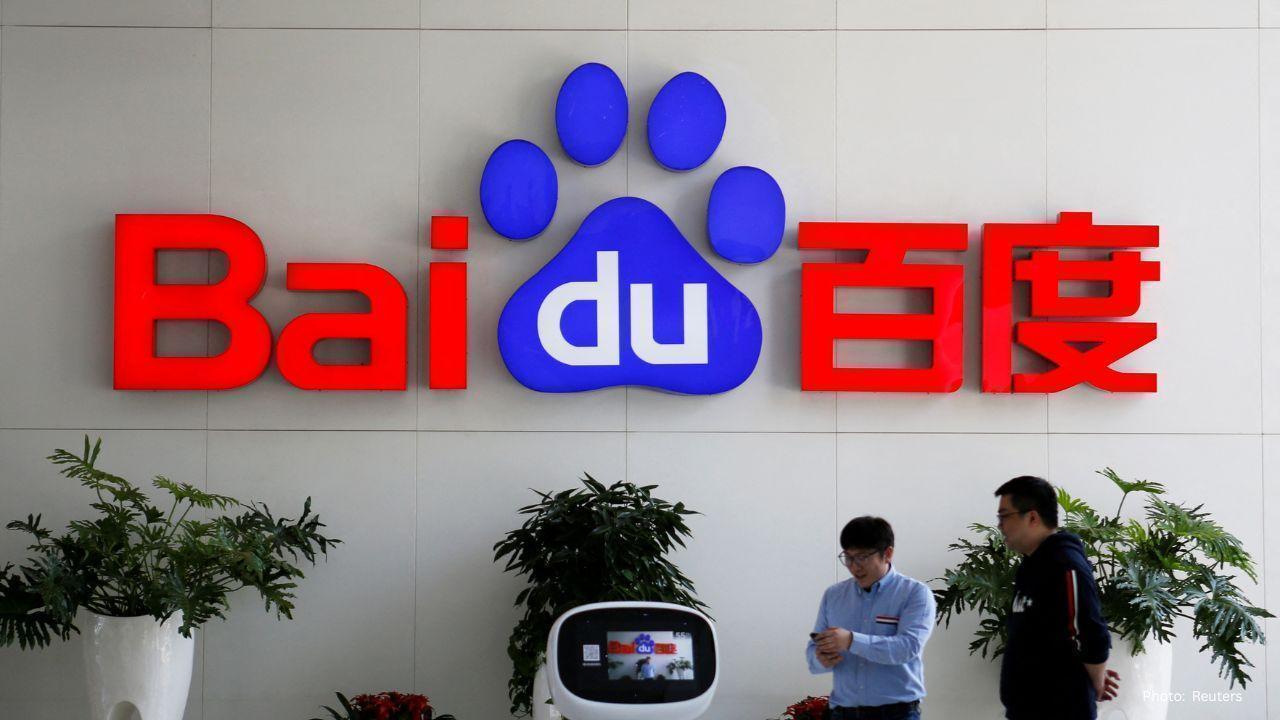
Post by : Sameer Saifi
Chinese technology giant Baidu has announced two new powerful processors and supercomputing systems designed to help Chinese companies reduce their dependence on foreign technology. The move comes as tensions grow between the United States and China over access to advanced computer chips used in artificial intelligence (AI).
At its annual Baidu World technology conference held in Beijing on Thursday, the company introduced two new AI chips — the M100 and M300 — that aim to provide strong computing power at a lower cost. Baidu said these processors will help Chinese industries build and run AI systems without relying on U.S.-made chips.
The M100 chip will focus on “inference,” which means using trained AI models to make predictions and handle user questions or tasks. It is expected to be launched in early 2026. The M300 chip will handle both “training” and “inference,” allowing it to create and run AI models, and it is planned for release in 2027.
AI training involves teaching computer systems to recognize patterns and learn from large amounts of data, while inference is the process of applying that knowledge to real-world tasks such as image recognition or language translation.
Baidu has been developing its own semiconductor technology since 2011, trying to build a fully local chip ecosystem that can compete globally. The company said these new chips are part of its effort to give China full control over the hardware needed for AI development.
In addition to the new processors, Baidu also unveiled two supernode systems, which connect hundreds of chips together to form a massive computing network. This helps to overcome the limits of individual chip performance and allows faster processing of AI data.
One of the new systems, called Tianchi 256, will use 256 of Baidu’s existing P800 chips and will be released in the first half of next year. A larger version, which will include 512 P800 chips, will arrive in the second half of the year.
Supernodes are becoming increasingly important in AI technology because they enable companies to train very large AI models quickly and efficiently.
Experts said Baidu’s announcement shows China’s determination to strengthen its domestic semiconductor industry, especially after U.S. restrictions limited Chinese access to high-end chips made by American companies like Nvidia.
Other Chinese companies are following a similar path. Huawei, another major technology player, has already launched a supercomputing system called CloudMatrix 384, which contains 384 of its Ascend 910C chips. Analysts say Huawei’s system may even outperform Nvidia’s GB200 NVL72, one of the most advanced systems produced by the U.S. company. Huawei has also said it plans to launch even more powerful systems in the future.
Baidu also introduced a new version of its Ernie large language model, which is similar to OpenAI’s ChatGPT. The company said the updated Ernie model not only handles text more effectively but can also process images and videos, showing its growing strength in multimodal AI technology.
Industry observers believe these developments could help Baidu and other Chinese tech companies compete more strongly on the global stage, even as the U.S. continues to tighten restrictions on advanced technology exports.
Baidu’s efforts highlight China’s long-term goal of becoming self-reliant in semiconductor and AI technology. By developing its own powerful chips and systems, China hopes to reduce its vulnerability to foreign sanctions and lead future innovations in artificial intelligence and supercomputing.
#trending #latest #Baidu #ChinaTech #AIChips #Semiconductors #Supercomputing #ErnieModel #TechnologyNews #ArmustNews #Innovation #Huawei #USChinaTechTensions










Advances in Aerospace Technology and Commercial Aviation Recovery
Insights into breakthrough aerospace technologies and commercial aviation’s recovery amid 2025 chall

Defense Modernization and Strategic Spending Trends
Explore key trends in global defense modernization and strategic military spending shaping 2025 secu

Tens of Thousands Protest in Serbia on Anniversary of Deadly Roof Collapse
Tens of thousands in Novi Sad mark a year since a deadly station roof collapse that killed 16, prote

Canada PM Carney Apologizes to Trump Over Controversial Reagan Anti-Tariff Ad
Canadian PM Mark Carney apologized to President Trump over an Ontario anti-tariff ad quoting Reagan,

The ad that stirred a hornets nest, and made Canadian PM Carney say sorry to Trump
Canadian PM Mark Carney apologizes to US President Trump after a tariff-related ad causes diplomatic

Bengaluru-Mumbai Superfast Train Approved After 30-Year Wait
Railways approves new superfast train connecting Bengaluru and Mumbai, ending a 30-year demand, easi